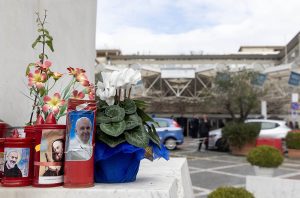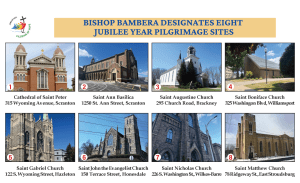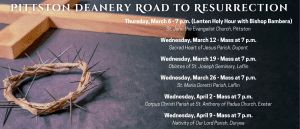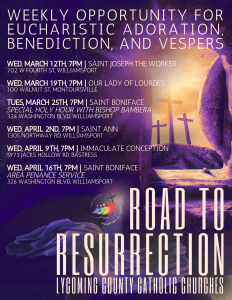WASHINGTON (OSV News) – A federal judge in Maryland has halted a Trump administration policy rescinding long-standing restrictions on Immigration and Customs Enforcement agents from making arrests at what are seen as sensitive locations, including houses of worship, schools and hospitals.
The Feb. 24 ruling came down on the side of a group of faith communities who sued in response to the policy.
U.S. District Judge Theodore Chuang’s action means that about 1,700 places of worship associated with the plaintiffs’ organizations in 35 states, the District of Columbia and Puerto Rico will be temporarily spared from immigration enforcement operations.
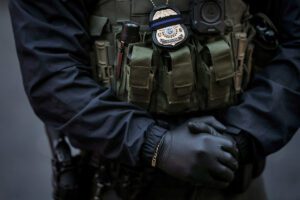
The policy change, issued by the Department of Homeland Security, was among the Trump administration’s immigration actions criticized by the U.S. bishops’ conference, although that organization did not join multiple lawsuits brought by faith communities. The Georgetown University Law Center’s Institute for Constitutional Advocacy and Protection is representing plaintiffs in a separate, similar lawsuit.
J. Kevin Appleby, senior fellow for policy at the Center for Migration Studies of New York and the former director of migration policy for the U.S. Conference of Catholic Bishops, told OSV News, the judge’s decision “is certainly a good sign because the court agreed that immigration enforcement at places of worship can be a violation of religious liberty.”
“Significantly, the ruling concurred with the faith groups that the mere threat of an immigration raid can cause harm to the right to freedom of religion, as it can deter their congregants from attending services,” he said.
Skye Perryman, president and CEO of Democracy Forward, a group representing the plaintiffs, said in a statement, “For decades, the government has recognized that everyone — no matter their immigration status — should be able to attend houses of worship without fear of a warrantless government raid.”
“Religious institutions should not have to go to court to fight for the right to worship and associate freely that is enshrined in our Constitution,” Perryman said. “Our plaintiffs represent a unique and diverse coalition of religious groups that have been at the forefront in protecting values of religious liberty for centuries. We are grateful to the court for acting to limit this unlawful and harmful policy.”
Previously, in a statement provided to OSV News about the policy change, Tricia McLaughlin, the Department of Homeland Security’s assistant secretary for public affairs, said, “We are protecting our schools, places of worship, and Americans who attend by preventing criminal aliens and gang members from exploiting these locations and taking safe haven there because these criminals knew law enforcement couldn’t go inside under the previous Administration.”
“DHS’s directive gives our law enforcement the ability to do their jobs,” McLaughlin said.
The previous policy, however, had exceptions for public safety or national security threats.
Appleby added that “while the judge did not issue a nationwide ban on enforcement at churches, he opened the door to that possibility in future cases.”
“Hopefully, the decision will encourage other religious groups, including the Catholic Church, to legally challenge the policy,” he said.

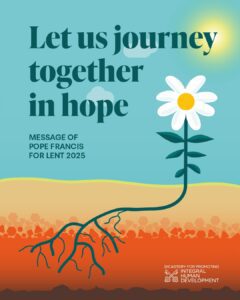
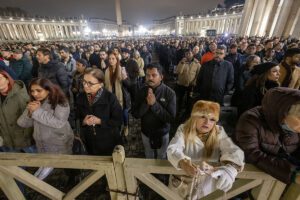
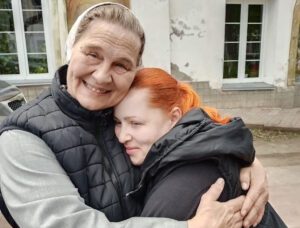
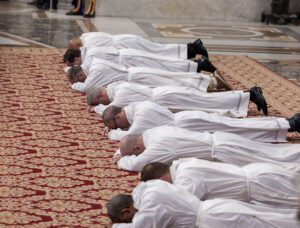
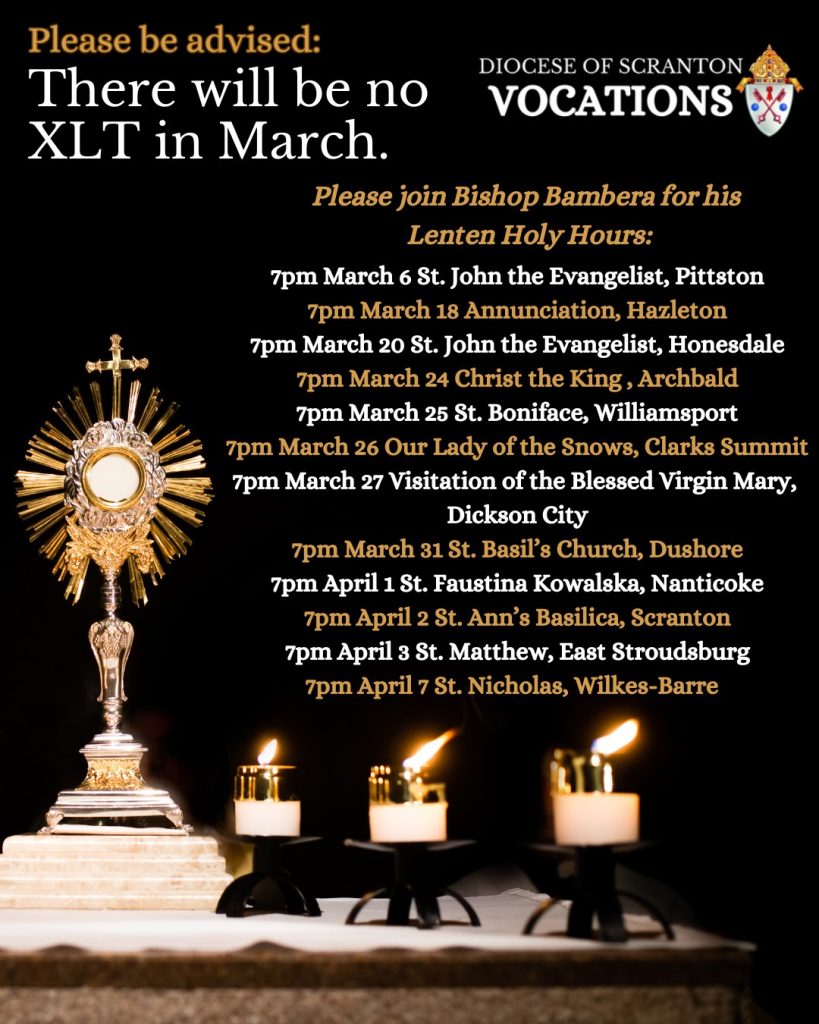 We hope you’ll join us in praying for vocations before the Blessed Sacrament at XLT this Wednesday, February 26th, at Christ the King Parish in Archbald at 6:30pm!
We hope you’ll join us in praying for vocations before the Blessed Sacrament at XLT this Wednesday, February 26th, at Christ the King Parish in Archbald at 6:30pm!